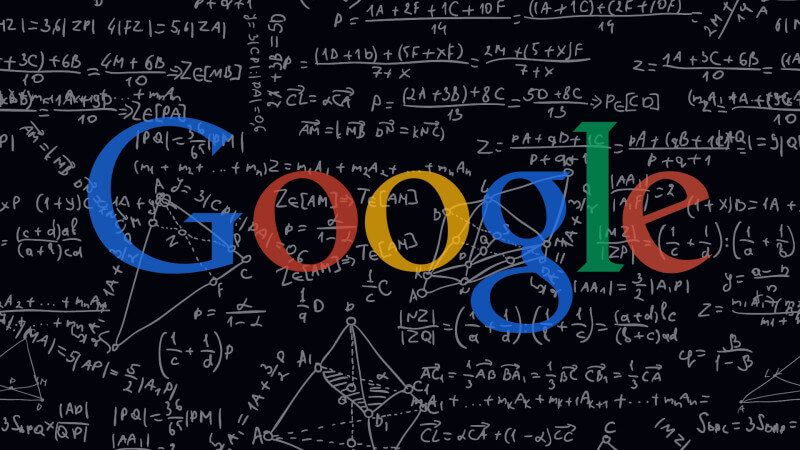Tanvi Misra | CityLab
“The idea is not just to teach city governments new techniques on harvesting open data to tackle urban problems and measure performance, but to replicate successful approaches that are already out there.“Read more


Tanvi Misra | CityLab
“The idea is not just to teach city governments new techniques on harvesting open data to tackle urban problems and measure performance, but to replicate successful approaches that are already out there.“Read more
- Press release by our partner ”Risk Evaluation Forum” emphasizing on renewed particle collider risk: http://www.risk-evaluation-forum.org/newsbg.pdf
- Study concluding that “Mini Black Holes” could be created at planned LHC energies: http://phys.org/news/2015-03-mini-black-holes-lhc-parallel.html
- New paper by Dr. Thomas B. Kerwick on lacking safety argument by CERN: http://vixra.org/abs/1503.0066
Quoted: “Ethereum’s developers believe their project will lead to the proliferation of programs they call “smart contracts,” in which the terms of an agreement are written in code and enforced by software. These smart contracts could carry out the instructions of a complex algorithm based on data feed—such as a stock ticker. They could facilitate practically any financial transaction, such as holding money in escrow or dispersing micropayments among autonomous machines. They could be used to create a peer-to-peer gambling network, a peer-to-peer stock trading platform, a peer-to-peer social network, a prenuptial agreement, a will, a standard agreement to split a dinner check, or a public registry for keeping track of who owns what land in a city.
Gupta predicts that these smart contracts will be so cheap and versatile that they’ll do “a lot of things that today we do informally,” and take on a lot of the “donkey work of running a society.””
Read the article here > http://reason.com/blog/2015/03/19/here-comes-ethereum-an-information-techn

by Hal Hodson — New Scientist
GOOGLE is building the largest store of knowledge in human history – and it’s doing so without any human help.
Instead, Knowledge Vault autonomously gathers and merges information from across the web into a single base of facts about the world, and the people and objects in it.
Quoted: “The decentralized Sapience AIFX project has developed a distributed artificial intelligence system running on a cryptocurrency network. In addition, the project has implemented the first distributed database platform running entirely over the bitcoin peer-to-peer protocol, built on top of a distributed hash table with redundancy, resiliency, and multi-dimensional trie-based indexing. These technologies are the first core pieces in the Sapience AIFX platform strategy to be the market leader in the consumerization of the blockchain.
The project has implemented the first in-wallet interactive Lua shell, bringing developers unprecedented capabilities to build solutions leveraging the blockchain, multi-layer perceptron networks, and distributed data storage. The possibilities span from algorithmic trading tools to bioinformatics and data mining, and the traditional applications of deep learning.”
Read more here > http://www.pressreleaserocket.net/first-cryptocurrency-to-ut…in/104609/

By Kat McGowan — Nautilus
In January, the pharmaceutical company Roche paid more than a billion dollars to buy about half of a small company called Foundation Medicine. Foundation has not invented any new drugs or life-saving devices. Most insurance companies won’t pay for its main product, and like a lot of biotech companies, it loses money.
The big bucks are for Foundation’s information. Roche, Foundation, and many other cancer researchers now believe that thinking about cancer in terms of data is going to be the way to beat the disease. The deal gives Roche access to Foundation’s database, which holds the DNA sequences of the tumors of 35,000 cancer patients, along with information about what kinds of drugs they were treated with and how good those drugs were at beating back the cancer.
Read more

Steve Jones, Global vice president of big data, Capgemini — Quartz
Can an algorithm be racist? It’s a question that should be of concern for all data-driven organizations.
From analytics that help law enforcement predict future crimes, to retailers assessing the likelihood of female customers being pregnant (in the case of Target, without their knowledge), the increasing scale of computer cognizance is raising difficult ethical questions for business.
Quoted: “Blockchains are thus an intriguing model for coordinating the full transactional load of any large-scale system, whether the whole of different forms of human activity (social systems) or any other system too like a brain. In a brain there are quadrillions of transactions that could perhaps be handled in the universal transactional system architecture of a blockchain, like with Blockchain Thinking models.”
Read the IEET brief here > http://ieet.org/index.php/IEET/more/swan20150217

By Jason Dorrier — Singularity Hub
The blueprint of every living thing on the planet is encoded in DNA. We know the stuff can hold a lot of information. But how much is a lot? We could theoretically encode the world’s data (from emails to albums, movies to novels) on just a few grams of DNA. DNA already preserves life itself—now it might also preserve life as we live it.
According to New Scientist, a gram of DNA could theoretically store 455 exabytes of data. And Quartz drives the point home. If the world has about 1.8 zettabytes of data, according to a 2011 estimate, all the world’s information would fit on a four-gram DNA hard drive the size of a teaspoon.